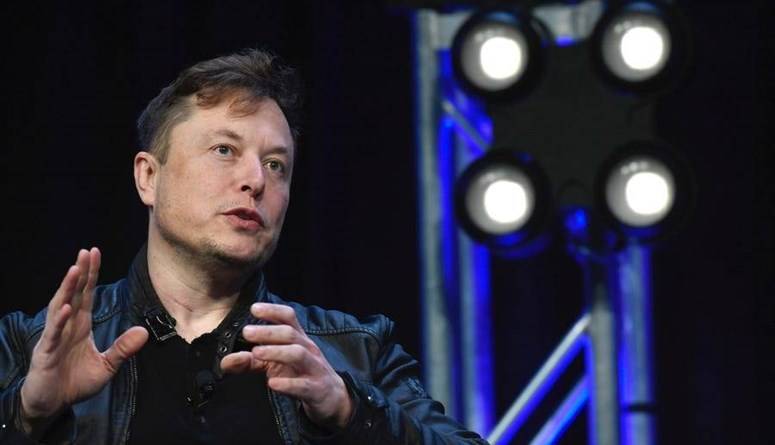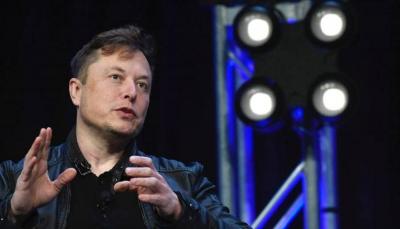Elon Musk's new service, which employs artificial intelligence claiming to help students complete their homework in record time, has raised concerns among educational experts. The service "ChatGPT" has been in trials for about two years and launched last summer. Sometimes I experiment with it myself, so why the multifaceted anxiety? Is students relying on ready-made answers akin to cheating in exams? The algorithms (the computations running the program) arrange the question's vocabulary into a mathematical equation shared across search engines, and within seconds, AI formulates the results into a concise report. School teachers in Britain (like schools under Egypt's Ministry of Education until the 1950s) advise parents not to answer homework questions, limiting their assistance to verbal explanations.
The supplementary knowledge activities to the curriculum (translated as extracurricular activities), such as homework or preparing an essay using books borrowed from the public library, or returning to references to prepare a play at the end of the school year from global literature, or taking a music teacher’s class to the theater or opera, or classical music performances, all have goals defined by education experts. After our visits for supplementary curricula activities, our teachers in the 1940s and 1950s tasked us with formulating an essay to read and discuss in class. Alongside practicing research in public libraries and exploring what lies between the pages of books, we also practiced public speaking and discussion with others. Additionally, there were other educational objectives, such as "critical thinking" (employing mental abilities in an analytical manner to evaluate and compare information provided by the situation with scientific facts, extracting agreements and contradictions, or deriving a new conclusion).
Thus, homework for students is not merely to occupy their time with writing corrected by the teacher in red pen, but rather a mental training on a systematic inquiry into information to hone the brain's instinct for cognitive exploration. I still argue that the change in some countries from "Ministry of Knowledge" (which prohibited what is known today as "private tutoring," instead relying solely on supplementary knowledge activities) to "Ministry of Education" was beyond merely changing the name of the ministry, as it altered the concept and objectives without progress in the level of education, but rather a regression in many areas. The concept of "knowledge" relates to epistemology, and critical thinking is an essential part of acquiring knowledge; and "education," in this context, is not an end but a series of practices extending over years aimed at attaining knowledge as a better way of life.
In the UK, for example, it is called the "Department for Education." Had the connective word been "of" instead of "for," it would have been "Ministry of Education," indicating the mission is to learn activities towards or for the sake of knowledge. Returning to the question about Musk's service, even if it isn't cheating, does it support the purpose for which the teacher assigns homework? I predict its use will extend beyond homework and reports to research for students at various levels, including university. Some may argue that the "sources of information" to which AI directs search engines to answer students' questions are the contemporary equivalent of the public library from which our generation borrowed books for homework preparation. So why the fears and uproar about the evolution of education and the search for information in utilizing modern technology?
The anxiety goes beyond my generation's preference for books, not just for jotting notes in the margins with pencils because we read with the mindset trained by our lessons in critical thinking and comparative research in the mid-20th century. The difference is that in school and public libraries, or in bookstores, the researcher (the student, possibly guided by the teacher or the librarian) has access to many specialized books, from different schools of thought, and diversity is crucial for training on research and comparing information from varied philosophies and in multiple languages.
Our generation's lessons included Latin alongside French and English as core languages in the curriculum, with teachers repeatedly reminding us that they "will benefit us in the future more than we can imagine," and I continue to revere the wisdom of our teachers. Even the most brilliant AI programmers in coding would find it hard to be aware of the full range of materials published by various schools in sciences and disciplines, which number in the hundreds of thousands. What are the guidelines and indices (and who set them) and the steps followed by programmers in their selectivity for answers akin to pill labeling in a generation of "Twitter" tweets! My experience with Musk's program has doubled my questions. AI's response about my writings and books summarized information from American publishers, despite them being published in England first. The programmers also made errors in publication dates – by more than ten years in some cases – based on the first edition encountered by the search engine rather than the actual first edition.
Readers may recall our article regarding "Netflix" and similar productions creating documentary dramas about events we witnessed, distorting them to varying degrees. Some have even published memoirs revealing one-sided claims about established institutions that cannot correct misinformation, while we, as commentators and journalists, lack means to verify its accuracy or whether they are promotional claims. It is highly probable that the search engines which AI's algorithms will employ will direct the AI's writing programs to the most frequently visited sites during search periods, or to the best-selling books of that time.
During the height of McCarthyism (1950-1957), an inquiry by Senator Joseph McCarthy into what he described as anti-American activity, threatening artists, writers, and creative freedoms in America and causing many to flee to Europe, Ray Bradbury (1920-2012) published his dystopian novel "Fahrenheit 451" in 1953 about a totalitarian regime that burns books and private libraries, where the only sources of information and education for citizens is a government-controlled television. Gradually, knowledge fades except for the classics, which each is memorized by an individual in a group isolated from state institutions.
For the optimists looking toward a text like "Fahrenheit 451," what books will be published in the future? AI programs today can formulate literary works such as novels and metered poetry independently of humans. What if the guidelines set for the creators of literary authoring programs view history like "Netflix" or, more chillingly, through McCarthy's definition of totalitarianism as "for the national interest" with an ideology that excludes any contradictions?




